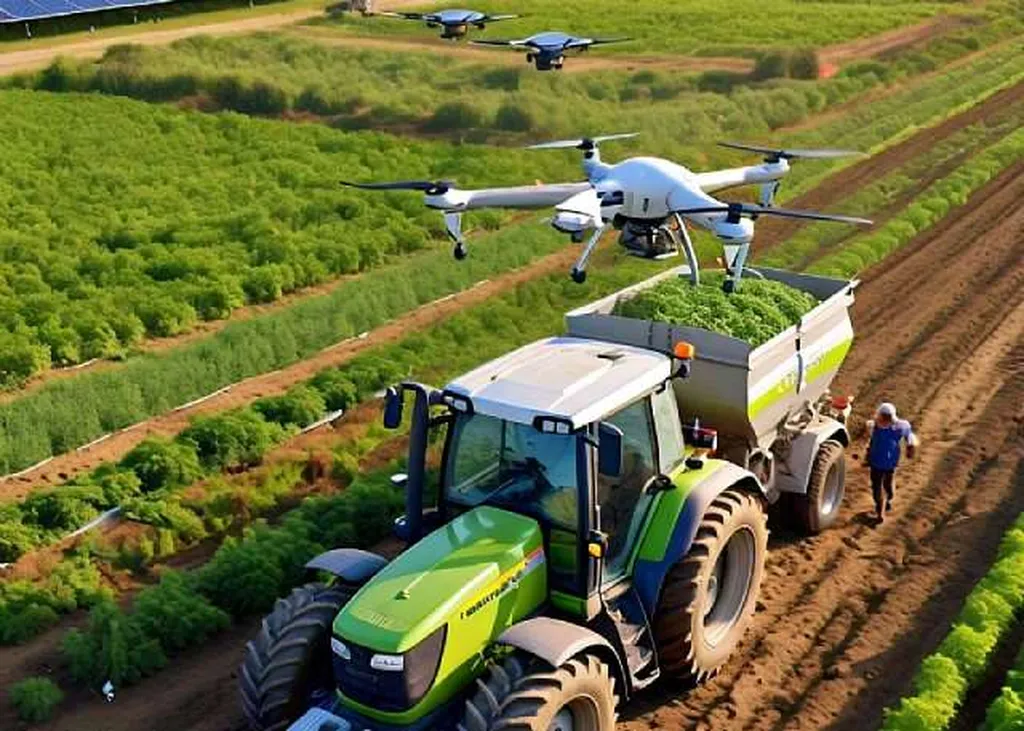In the heart of Ghana’s Atwima Kwanwoma District, a quiet revolution is taking root, one that could hold valuable lessons for the global energy sector. A recent study published in the journal *Scientific African* (translated as “African Science”) has shed light on the adoption of Climate-Smart Agricultural (CSA) practices and the socioeconomic factors influencing their uptake. The research, led by Frank Baffour-Ata from the Department of Environmental Science at Kwame Nkrumah University of Science and Technology in Kumasi, offers insights that could resonate far beyond the fields of Ghana.
The study reveals a high level of awareness among local farmers about CSA practices, with over 95% of both men and women recognizing their benefits, such as improved crop yields and climate change mitigation. “The awareness level is quite impressive,” notes Baffour-Ata. “It shows that farmers are not only receptive to new practices but also understand their potential impact.”
Among the 15 prioritized CSA practices identified, crop diversification emerged as the most favored, followed by appropriate fertilizer use and mulching. However, the use of climate-resilient seed varieties was the least prioritized, highlighting a gap that could be addressed through targeted educational programs. “This disparity suggests that while farmers are open to change, they may need more information and support to adopt certain practices,” Baffour-Ata explains.
The study also delves into the socioeconomic determinants influencing the adoption of these practices. Age, for instance, negatively impacted the adoption of crop diversification, decreasing the probability by 8.1% for each one-year increase in age. Conversely, household size positively influenced the adoption of appropriate fertilizer use and mulching, underscoring the role of family labor. Educational level, however, had a mixed impact, negatively influencing the adoption of integrated pest management practices and drought-resistant crop varieties.
These findings have significant implications for the energy sector, particularly in the context of bioenergy and sustainable agriculture. As the world grapples with the challenges of climate change, the adoption of CSA practices could play a pivotal role in enhancing the sustainability of bioenergy production. By improving crop yields and resilience, these practices could contribute to a more stable and reliable supply of biomass for energy generation.
Moreover, the study’s insights into the socioeconomic determinants of CSA adoption could inform policy decisions aimed at promoting sustainable agriculture and bioenergy production. For instance, targeted educational programs could be designed to increase awareness and understanding of CSA practices, particularly among older farmers and those with lower educational levels.
As the world looks towards a more sustainable future, the lessons from Atwima Kwanwoma District could serve as a beacon of hope. By embracing climate-smart practices and addressing the socioeconomic barriers to their adoption, we can pave the way for a more resilient and sustainable agricultural sector, one that can support the energy needs of future generations. The research published in *Scientific African* not only highlights the potential of CSA practices but also underscores the importance of understanding the human factors that drive their adoption. In doing so, it offers a roadmap for a more sustainable and energy-secure future.

